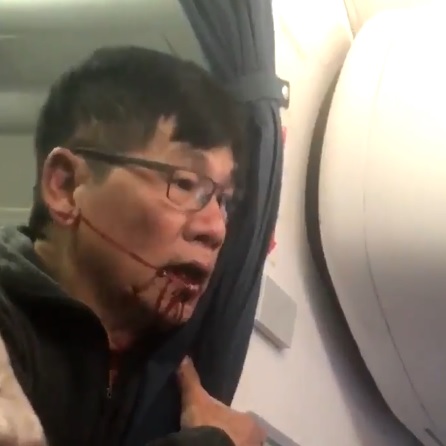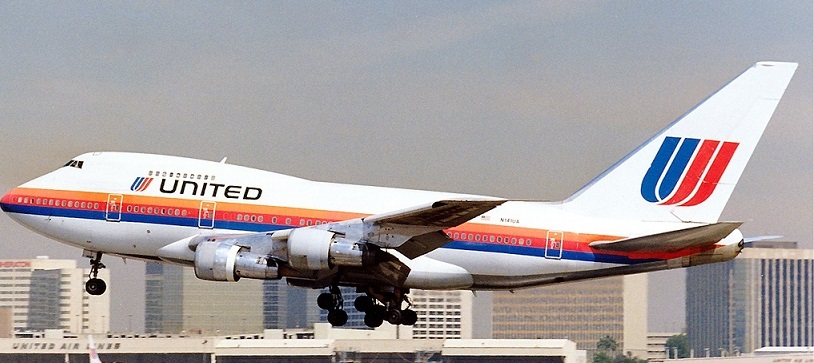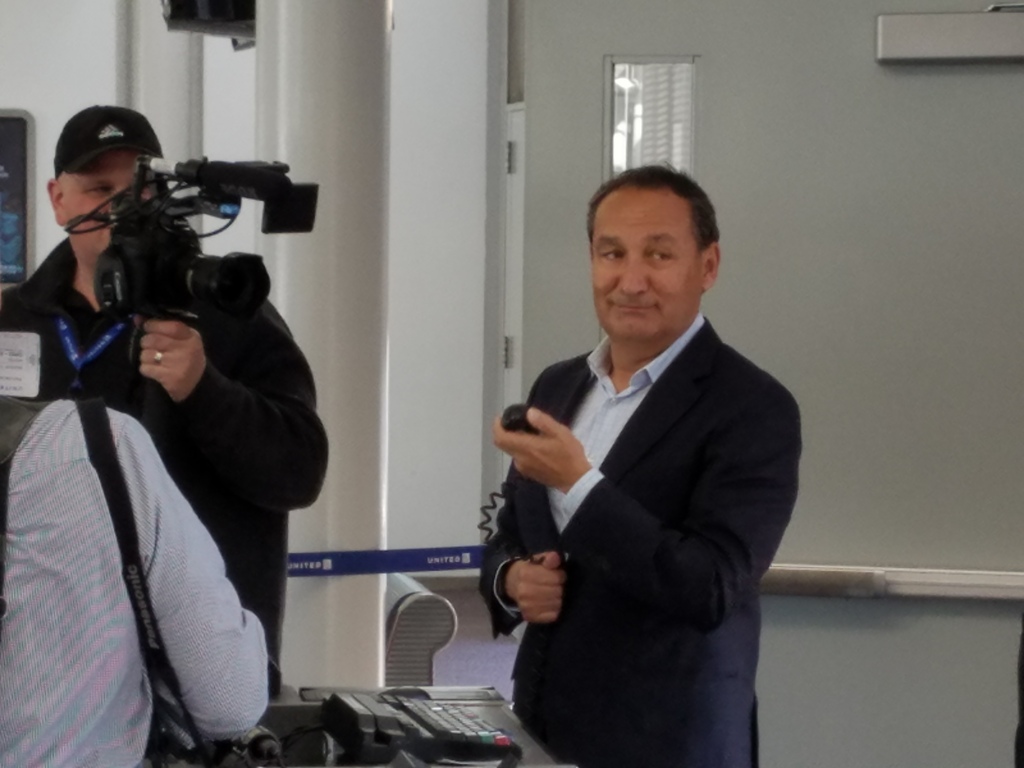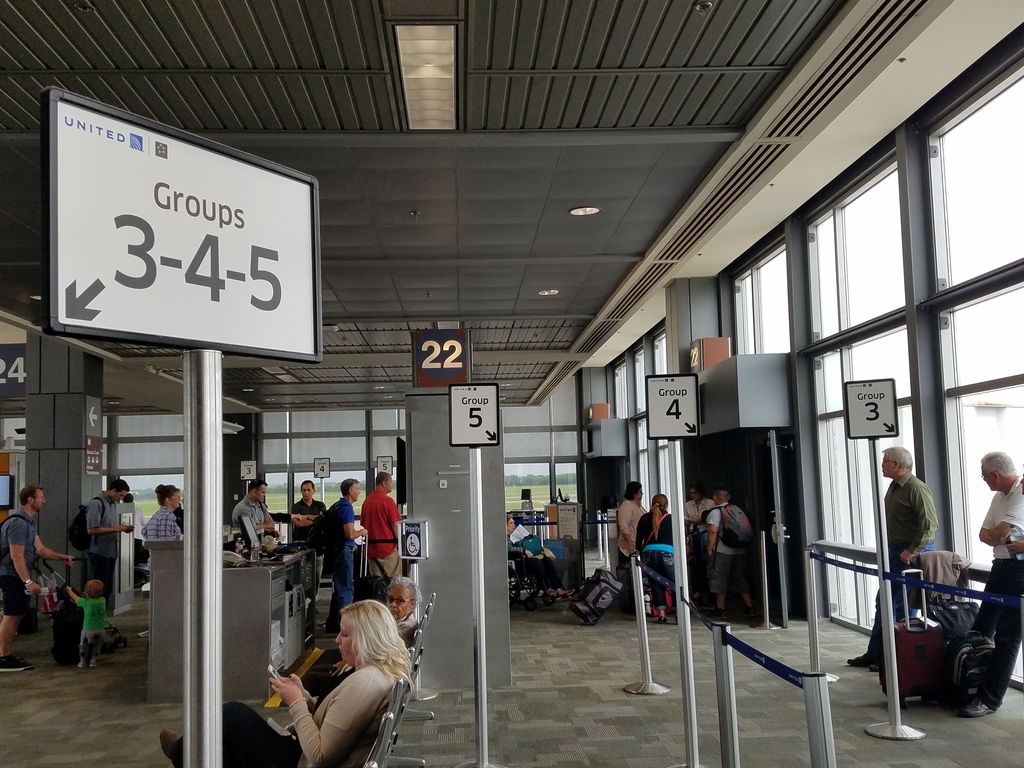
The world is aghast at the passenger who was dragged off a United flight by airport police on Sunday night. And rightly so. It’s big news because things like this rarely happen, but they sure feel like they could happen to most any of us who travel. No one wants to be put in that position.
Here, everything failed.
- United’s regional airline partner had an operational problem (as did many airlines over a several day period). They didn’t have crew available to work a flight back from Louisville to Chicago. So they decided to put a crew onto this flight and bump 4 passengers.
- This made some sense — inconvenience four passengers to avoid having to cancel a whole flight full of passengers in the morning, and possible even further flights that would use the same aircraft.
- But there were no takers for involuntary denied boarding compensation of $800 in travel credit plus a hotel night.
- Since the airline isn’t required to pay more than 4 times the one way fare, capped at $1350, for involuntarily bumping passengers that’s what they did next. It’s standard procedure not just at United, and it’s what the gate agent following procedures was supposed to do.
- The doctor, who was one of the passengers chosen, refused to get off. United called the airport police. He wouldn’t budge, and he was dragged off the plane.

United’s livery of my youth. By Torsten Maiwald, GFDL 1.2, via Wikimedia Commons
This was a terrible incident, with several failures along the way. (This Atlantic piece citing my post arguing the airport police sympathizes with both passenger and gate agent.)
Most people have focused on United being unwilling to pay more compensation to get passengers to volunteer. As long as the government caps the amount the airline has to pay, at the same time limiting customers’ ability to sue airlines for most anything beyond explicit breaches of their contracts of carriage, we aren’t likely to see more compensation.
Instead if United had just decided to stick it to passengers already in Louisville and cancel their flight no one would have been the wiser. Plenty of people would have missed important business meetings and urgent life events, but it would have been just a cancelled flight and not a defining cultural moment.
Airlines are too quick to call the cops on customers, customer service challenges — arguing with an airline employee — has become a risky proposition with law enforcement involved in our post-9/11 world. That has to change, and United CEO Oscar Munoz — after initially bungling the airline’s response — now says that it will. At least, the airline won’t call the cops on customers with valid boarding passes for a flight.

What will they do instead if a passenger refuses to give up their seat in a similar involuntary denied boarding situation? Involuntary denied boarding is already rare (down about 75% since deregulation), and bumping passengers after they’re seated is rarer still. But if it comes up again, a passenger is asked to leave the plane, and they don’t… the airline is likely to simply cancel the flight.
Had they done that they would have avoided the media firestorm, and they would not have even paid out each passenger involuntary denied boarding compensation.
- United’s contract of carriage says they won’t even provide a hotel to passengers when a flight cancellation is “due to circumstances outside UA’s control.”
- They provide snacks and meals only “in the event of an extensive delay caused by UA”

You might argue that the situation was within United’s control because they could have offered more denied boarding compensation.
You might even argue that by cancelling the flight United involuntarily denied boarding to everyone. These would be novel arguments that, given recent media attention, could even get a positive hearing before Elaine Chao’s Department of Transportation. Or not.
Airlines need overbooking, as Matthew Yglesias explains in a Vox piece that cites my writing on the United incident,
The economic case for it is, however, fairly ironclad. It’s simply not that uncommon for a ticketed passenger to not show up for a flight due to illness or some external change of plans. Customers also value the opportunity to reschedule flights for less than the full price of buying a brand new ticket. Meanwhile, the profit-maximizing strategy for first-class seats is generally to price them so high that they don’t sell out, and then offer a few lucky passengers free upgrades — immediately freeing up space in apparently overbooked economy cabins — as a privilege of their advanced frequent flier status.
An airline could, of course, refuse to overbook as a matter of policy. This would result in flying planes that were substantially less full, on average, without meaningfully reducing operating costs. Ticket prices would need to be higher as a result. No airline has seen this as a winning strategy in the marketplace, and regulators haven’t tried to impose it on them.
Given the PR risk in confronting a passenger, airlines are more likely to take operationally costly measures to prevent a situation like the doctor being dragged off the plane. That means pricier tickets over time, too — and as Tyler Cowen explains “[t]he more you complain, the more you are redistributing wealth — through the medium of preferred price-quality configurations — away from lower earners and toward the wealthy.”
Airlines are less likely to increase compensation payments unless DOT guidelines and liability shields change (both of which also would ceteris paribus raise price). And I’m not confident we can reverse the paranoid security state where customers disagreeing with an employee aren’t placed in legal jeopardy by police — except perhaps in the narrow case of a passenger with a confirmed seat that has boarded a plane and who is asked to leave.
In other words, I’m afraid things really won’t get better.
